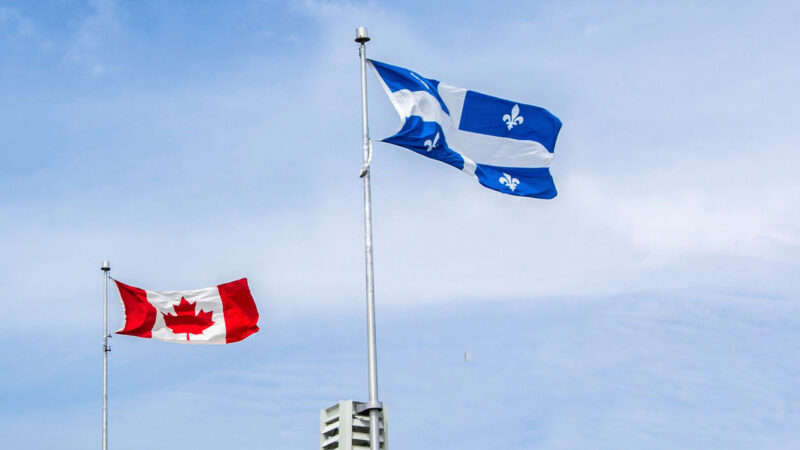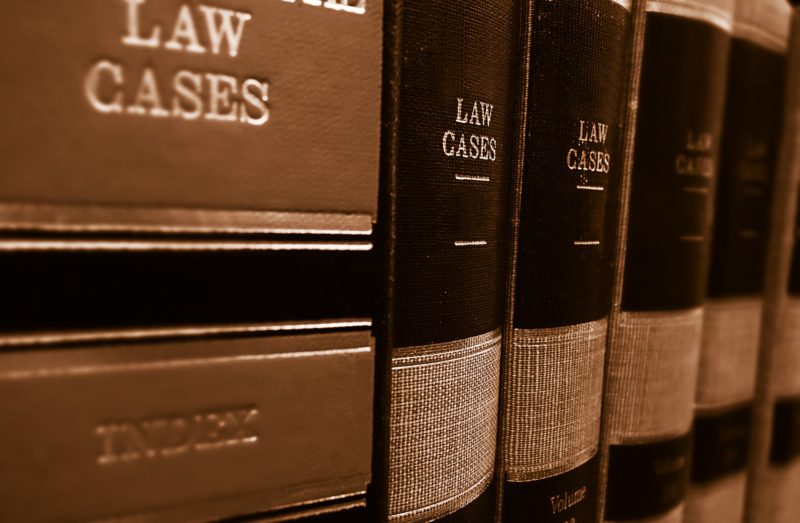UPDATE: On April 14, 2022, the Minister of Health announced that the federal government will not proceed with amendments to the Patented Medicines Regulations introducing new pharmacoeconomic factors and requiring that price and revenue information be reported net of all adjustments. The federal government will proceed with amendments establishing a new basket of comparator countries, with a coming-into-force date of July 1, 2022. For more information, see our Life Sciences Bulletin on the Minister’s announcement.
_________________________
This article provides an update on each of these cases and highlights the growing body of jurisprudence questioning the PMPRB’s price control reasoning.
Continue reading




